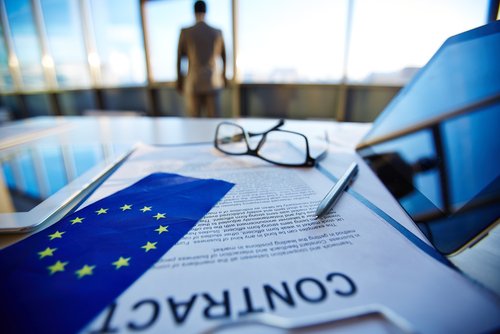Belgium (Brussels Morning newspaper) The EU-Mercosur trade agreement inches closer to approval after more than 20 years of negotiations. With the union of these two major blocs, totalizing more than 720 million people, economic and social benefits are expected, such as:
· Elimination of tariffs,
· Intellectual property protection,
· Strengthening of bilateral trade,
· Cooperation in strategic areas such as the environment, energy, technology and innovation.
· Stronger international surveillance on countries that don’t respect human and environmental laws.
While the agreement touches upon strategic areas like environment and energy, the current provisions for sustainability and labour conditions fall dangerously short. The risk is palpable in sectors such as agriculture, where detrimental practices have been associated with the burning of the Amazon and the endangerment of indigenous lives.
Geopolitically speaking, this agreement can increase the EU’s capacity for soft power, potentially raising standards for environmental protection (for the Amazon forest and other Ecosystems) and human rights in Mercosur countries. But in the race for economic benefits, we must not risk to compromise the environmental stability of our planet or the rights of its inhabitants.
Both the EU and Mercosur can pioneer new standards for trade that embed sustainability and labour rights into their very DNA. By focusing on the trade and procurement of renewable energy technologies, creating transparency mechanisms to trace commodities, and providing open-access information, this agreement could serve as an international benchmark for sustainable trade. Indeed, it could become an instrumental tool in combating the climate crisis and other challenges of the 21st century. But to do just that, the agreement needs to have enforceable provisions on human and labour rights, as well as sustainability standards.
The delay in concluding the EU-Mercosur agreement also opens the door for other geopolitical actors to fill the void. The BRICS+ group, which includes some authoritarian states, poses a risk to democracies worldwide, Europe included. The longer we stall, the more we allow these countries to exert their influence on the global south, potentially destabilising fragile democracies. However, compromising on our values such as the rights of indigenous peoples, protecting fair labour conditions and preventing the burning of the Amazon rainforest, could at the same time undermine Europe’s credibility as a value-based actor on the world stage.
In conclusion, the EU-Mercosur trade agreement is a double-edged sword. On one hand, it promises to be a vehicle for economic growth and influence. On the other, it currently lacks the robust provisions needed to safeguard our environmental and human rights commitments. As discussions advance, it’s crucial that we strike a balance between seizing the opportunities at hand and being diligent about the responsibilities they carry.
Opinions expressed in the op-ed section are solely those of the individual author and do not represent the official stance of our newspaper. We believe in providing a platform for a wide range of voices and perspectives, even those that may challenge or differ from our own. As always, we remain committed to providing our readers with high-quality, fair, and balanced journalism. Thank you for your continued support.Sincerely, The Brussels Morning Team




